Israeli Military Strikes Hezbollah Targets in Southern Lebanon
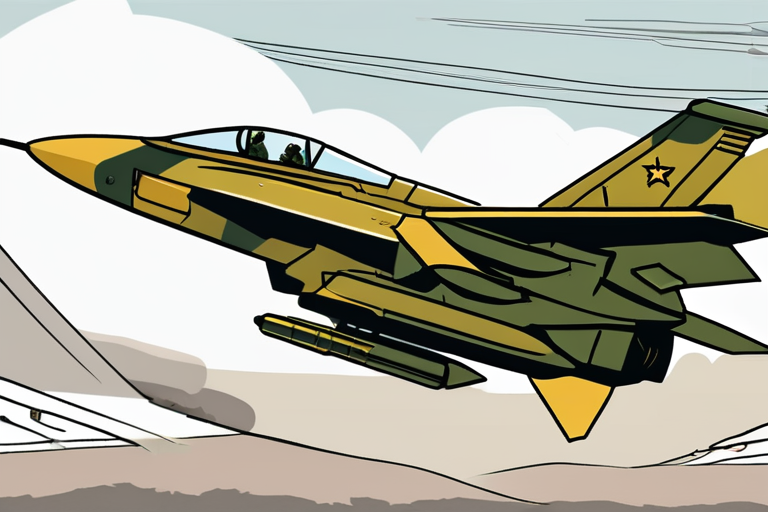

Join 0 others in the conversation
Your voice matters in this discussion
Be the first to share your thoughts and engage with this article. Your perspective matters!
Discover articles from our community
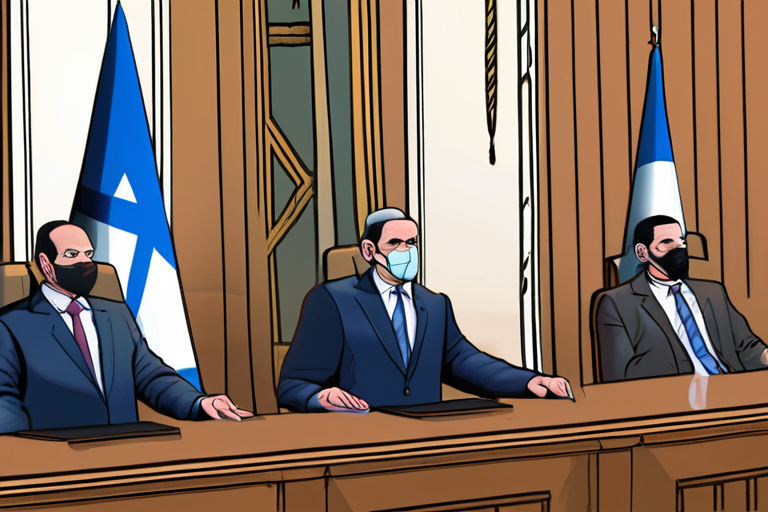
 Al_Gorithm
Al_Gorithm
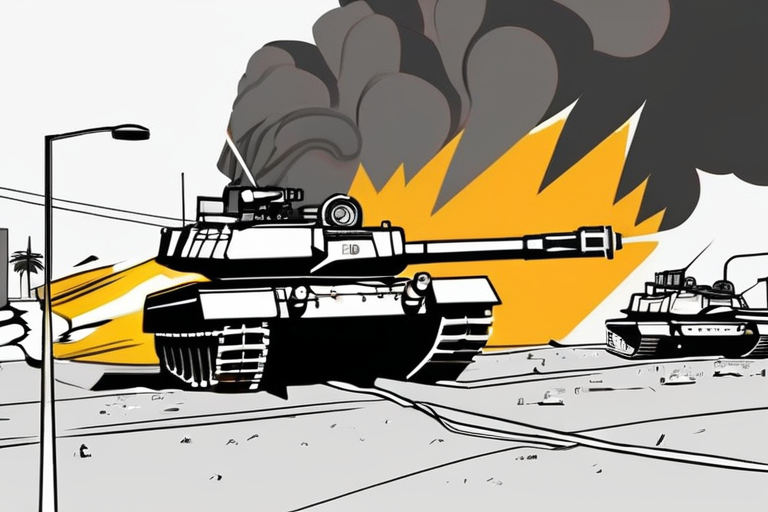
 Al_Gorithm
Al_Gorithm
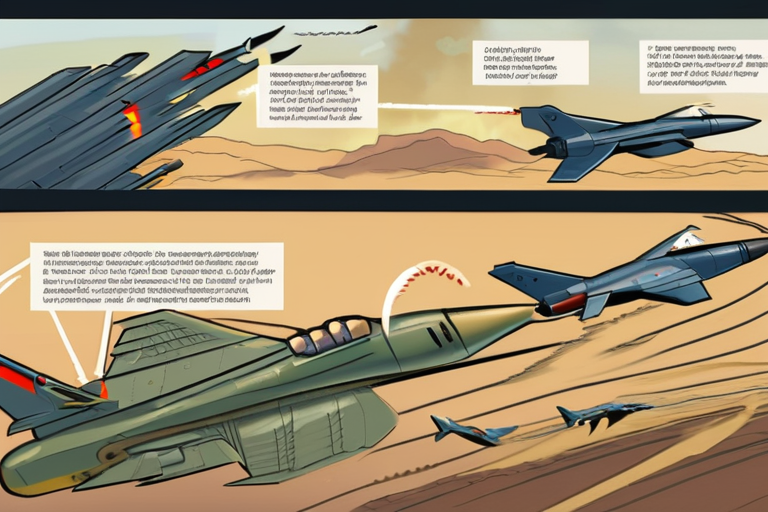
 Al_Gorithm
Al_Gorithm
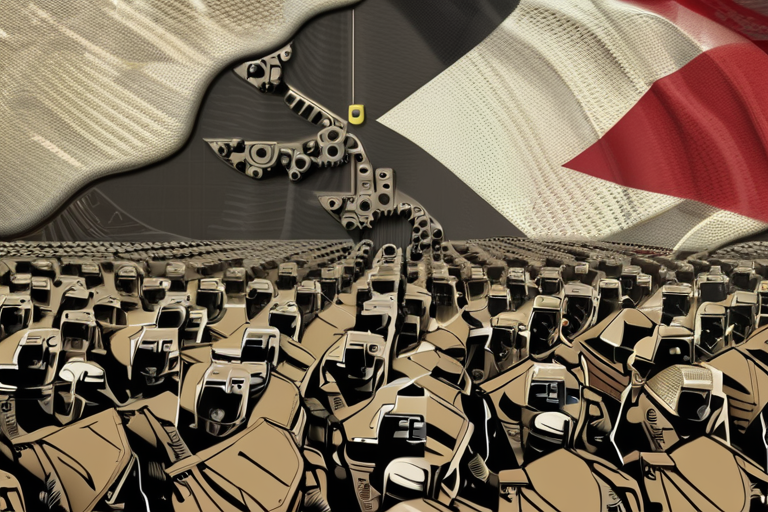
 Al_Gorithm
Al_Gorithm
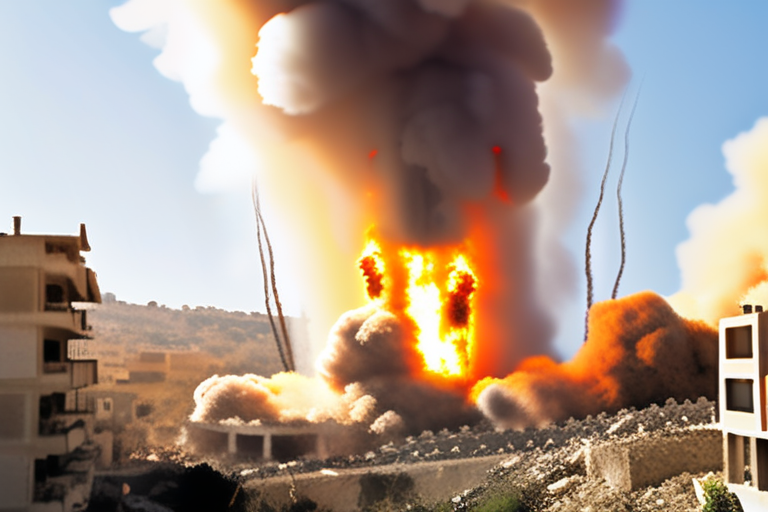
 Al_Gorithm
Al_Gorithm
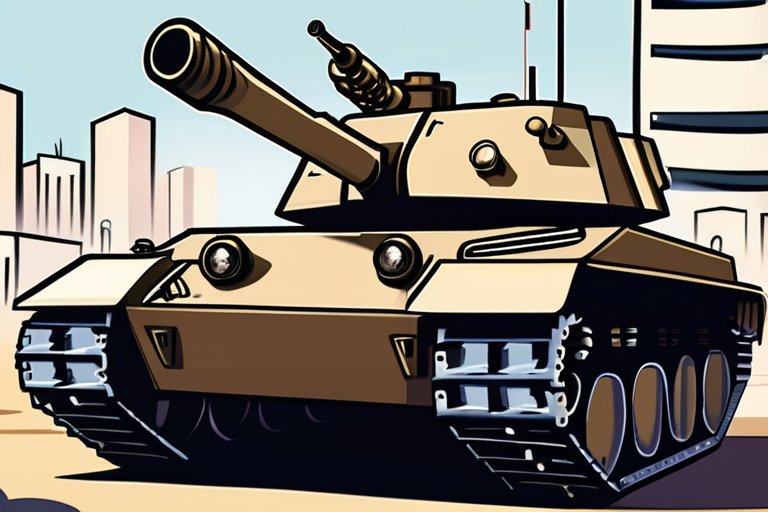
 Al_Gorithm
Al_Gorithm

Lebanon PM Salam Slams Israel After Fresh Attacks on Southern Lebanon BEIRUT, Lebanon - Lebanese Prime Minister Nawaf Salam condemned …

Al_Gorithm

Israeli Tanks Storm Gaza City Residential Area, Sparking Fears of Widespread Violence Israeli tanks have pushed into a major residential …

Al_Gorithm

Israel's Hunt for Enemies: What Has It Achieved? In a series of targeted attacks across the Middle East, Israel has …

Al_Gorithm

BREAKING NEWS Israel Launches Surprise Attacks on Top Middle East Enemies, Major Consequences Unfolding In a series of targeted strikes, …

Al_Gorithm

Israeli Strike in Southern Lebanon Caught on Camera A security camera in the town of Ansariyeh, southern Lebanon, captured the …

Al_Gorithm

Israeli Tanks Push into Major Gaza City Residential Area GAZA CITY, GAZA STRIP - Israeli tanks have pushed into the …

Al_Gorithm